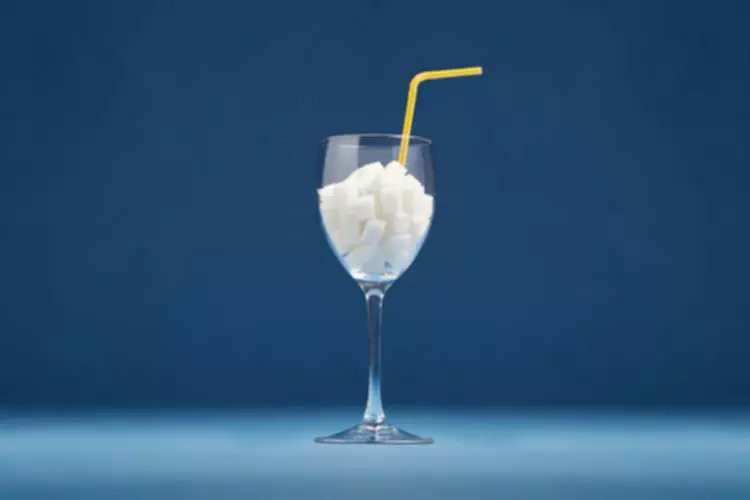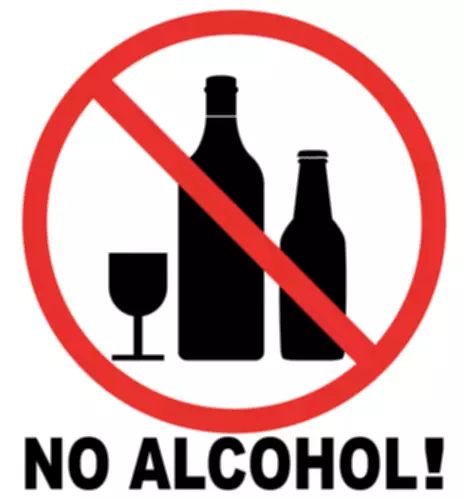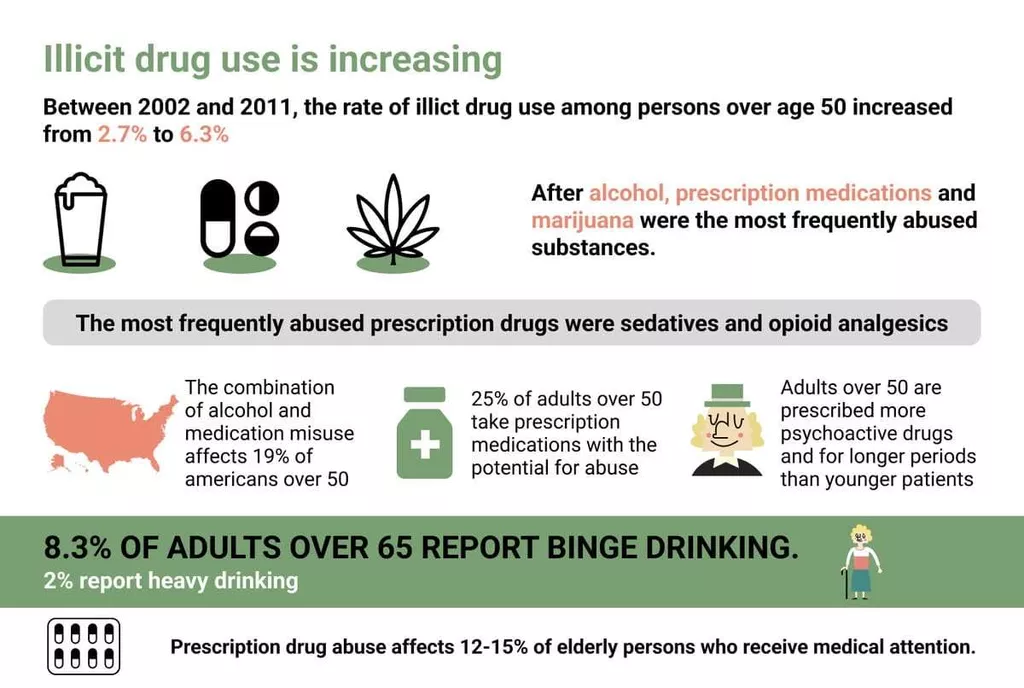
After a period of success in your recovery, you may think you can control your drug or alcohol use again. Even though you may think this time is different, if your drinking and drug use has gotten out of hand in the past, it is unlikely to be different now. The conscious thought may become that the only way you can cope with your current situation is by taking drugs or alcohol. Unconscious cravings may turn into the conscious thought that the drug or alcohol is all you need to cope. You may be conflicted between resisting thoughts about drugs and compulsions to use them. It is possible to rationalize the fact that if you continue to use, you might not experience the same consequences as before.
- For behaviors that carry health risks, like smoking or drug use, abstinence can also be an effective way to improve health outcomes.
- Understanding the AVE is crucial for individuals in recovery and those focused on healthier lifestyle choices.
- Counteracting the effects of the AVE is necessary to support long-term recovery from addiction.
- Relapses are unique to each individual, and your experience with them may be different as well.
‘This Time Will Be Different’
Taylor uses an app to watch her intake of calorie limit and does see positive outcomes to her new lifestyle. One night, she craves pizza and wings, orders out, and goes over her calories for the day. Emotional relapse is not necessarily caused by these natural emotions but rather by how you cope with them. Several issues can occur before a relapse occurs, including a mindset shift caused by triggers or stress. According to Marlatt, this cascading effect leads to a relapse that occurs due to a cascading effect that entails several issues.
Specific Intervention strategies in Relapse Prevention

In high-risk situations, the person expects alcohol to help him or her cope with negative emotions or conflict (i.e. when drinking serves as “self-medication”). Expectancies are the result of both direct and indirect (e.g. perception of the drug from peers and media) experiences3. The RP model proposes that at the cessation of a habit, a client feels self-efficacious with regard to the unwanted behaviour and that this perception of self-efficacy stems from learned and practiced skills3. In a prospective study among both men and women being treated for alcohol dependence using the Situational Confidence Questionnaire, higher self-efficacy scores were correlated to a longer interval for relapse to alcohol use8. The relationship between self-efficacy and relapse is possibly bidirectional, meaning that individuals who are more successful report greater self-efficacy and individuals who have lapsed report lower self-efficacy4.
Abstinence Violation: Understanding Its Effects
- This literature – most of which has been conducted in the U.S. – suggests a strong link between abstinence goals and treatment entry.
- Although a person may intend to abstain from an unwanted behavior, the internal pressure generated by deprivation can be overwhelming and lead to relapse.
- I have lost all that time,” which can trigger a self-destructive mindset and potentially lead to further relapse.
- Because emotional relapses occur so deeply below the surface in your mind, they can be incredibly difficult to recognize.
- We want to give recovering addicts the tools to return to the outside world completely substance-free and successful.
- Taylor uses an app to watch her intake of calorie limit and does see positive outcomes to her new lifestyle.
However, it’s important to realize that relapse isn’t guaranteed, especially if you are vigilant about managing your recovery. More than half of those who achieve sobriety relapse, which can be disheartening but can also lead to relapse because you believe that you will relapse. A person who has abused a substance for a long time is likely to have a higher tolerance for its effects. As a result, when they are abstinent for a period, they will notice their tolerance abstinence violation effect has declined, making it possible for them to overdose if they start using again at the same level as before.
The AVE can affect anyone, but the impact of it on someone who is managing an addiction can be more significant. That’s why adopting a more realistic, compassionate view of the recovery journey can be helpful, in addition to seeking the appropriate mental health support as needed. Life situations, relationships, and commitments all have to be parsed through carefully and continually evaluated for balance and harmony. That way, the individual may be better able to avoid the most likely causes drug addiction of relapse and the potential resulting AVE. It can also be particularly vital for mental health professionals to communicate the reality of addiction.

The limit violation effect describes what happens when these individuals fail to restrict their use within their predetermined limits and the subsequent effects of this failure. These individuals also experience negative emotions similar to those experienced by the abstinence violators and may also drink more to cope with these negative emotions. It is not even on your mind to relapse at this point because of stress, high-risk situations, or inborn anxieties.

